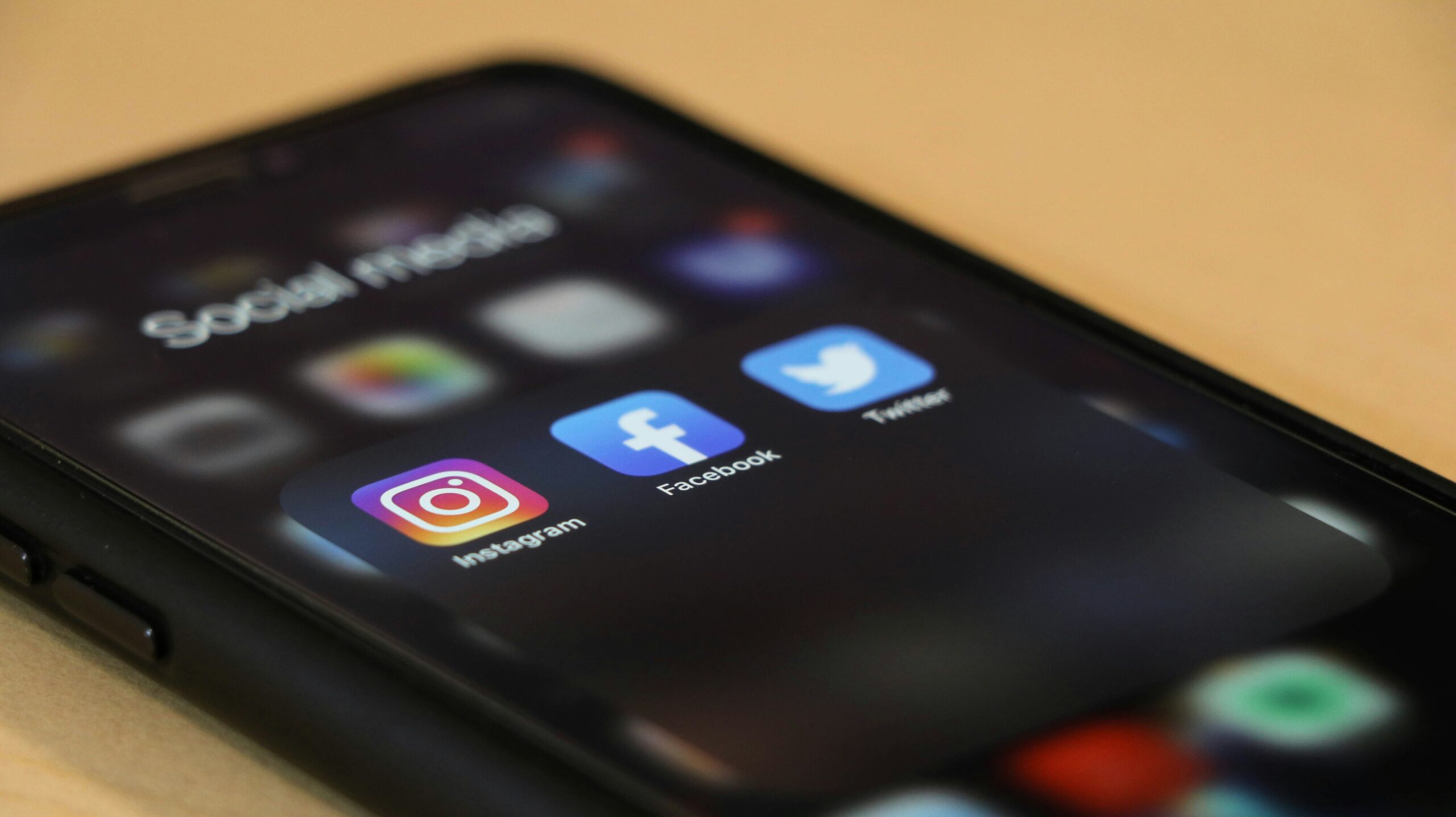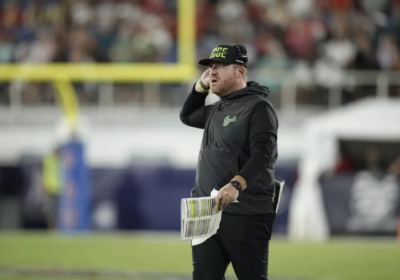OPINION: Florida isn’t doing enough to ban social media for minors

Lots of USF students, like myself, came of age in a digital world where being on social media was the norm.
Those who were also online at a young age are likely to agree that the internet is no place for children and teens.
On March 25, Gov. Ron DeSantis signed House Bill 3 which made it harder for minors to join social media without parental consent. This bill has been labeled by AP News as ‘one of the most restrictive social media bans for minors.’
But this bill is about a decade too late, and doesn’t entirely resolve the issue.
The ban prohibits teens under 14 from using social media and requires that teens who are 15 get parental consent.
This new policy does not and will not do enough to protect children. The state should have made a total ban of all minors age 16 and under from accessing social media platforms, which is what the original draft of the bill proposed.
Related: AI shouldn’t be allowed in USF classrooms
DeSantis vetoed the first draft of this bill because he believed it should recognize parental rights. Yet, allowing parental permission is where the updated bill fails.
My generation has seen first-hand the envy and distress that social media causes, and it is not pretty.
During my time on social media as a child, I witnessed a lot of graphic content that is ingrained in my memory. Many platforms allow content showcasing eating disorders, crime, pornography and death. No one under the age of 16 should be exposed to such disturbing material.
“Cyberbullying, meeting strangers, exposure to graphic content, anxiety and depression are all concerns associated with adolescence social media use,” said Kelli Burns, associate professor at USF and social media expert.
This new policy enacted by DeSantis is a great step forward in safeguarding the youth against the dangers of social media.
The parental rights aspect of this bill leaves room for parents to be ignorant of their child’s online activity by not addressing the content that teens are prone to seeing. Some parents are just not clued into the dangers that their children may encounter online.
A 2021 survey from Kapersky concluded that 45% of American parents regularly check their children’s social media posts or online history. For much of today’s adolescents, internet access goes unmonitored and will remain so under the bill.
It is unclear how platforms will enforce this new bill ethically.
“How are platforms going to check?” Burns questioned. “Submitting identification or a face scan is problematic for privacy concerns. How will these platforms know that a parent gives consent for their child?”
Whether or not the enforcement of this new bill is ethical, it would help ensure that children are not allowed to access social media without their parents’ knowledge.
There is too much leeway for children and teens to gain access to social media. This bill will likely have minimal impact on decreasing social media use among teens and children.
There has been talk about the constitutionality of the bill and whether it poses a threat to first amendment rights. Critics say that it is unconstitutional to ban access to the internet and information, merely based on age.
But this ban is not an attack on the rights to free speech for adolescents, it is a means of protection.
Rather than viewing this bill as ‘constrictive,’ parents and youth should view this bill as baby steps toward creating an online environment that is safe and non-exploitative.
Childhood me, a chronic internet user, wanted to see more done to protect kids from the downsides of social media. At 21 years old, I have been on social media for more than half my life now and a change has yet to be made.






